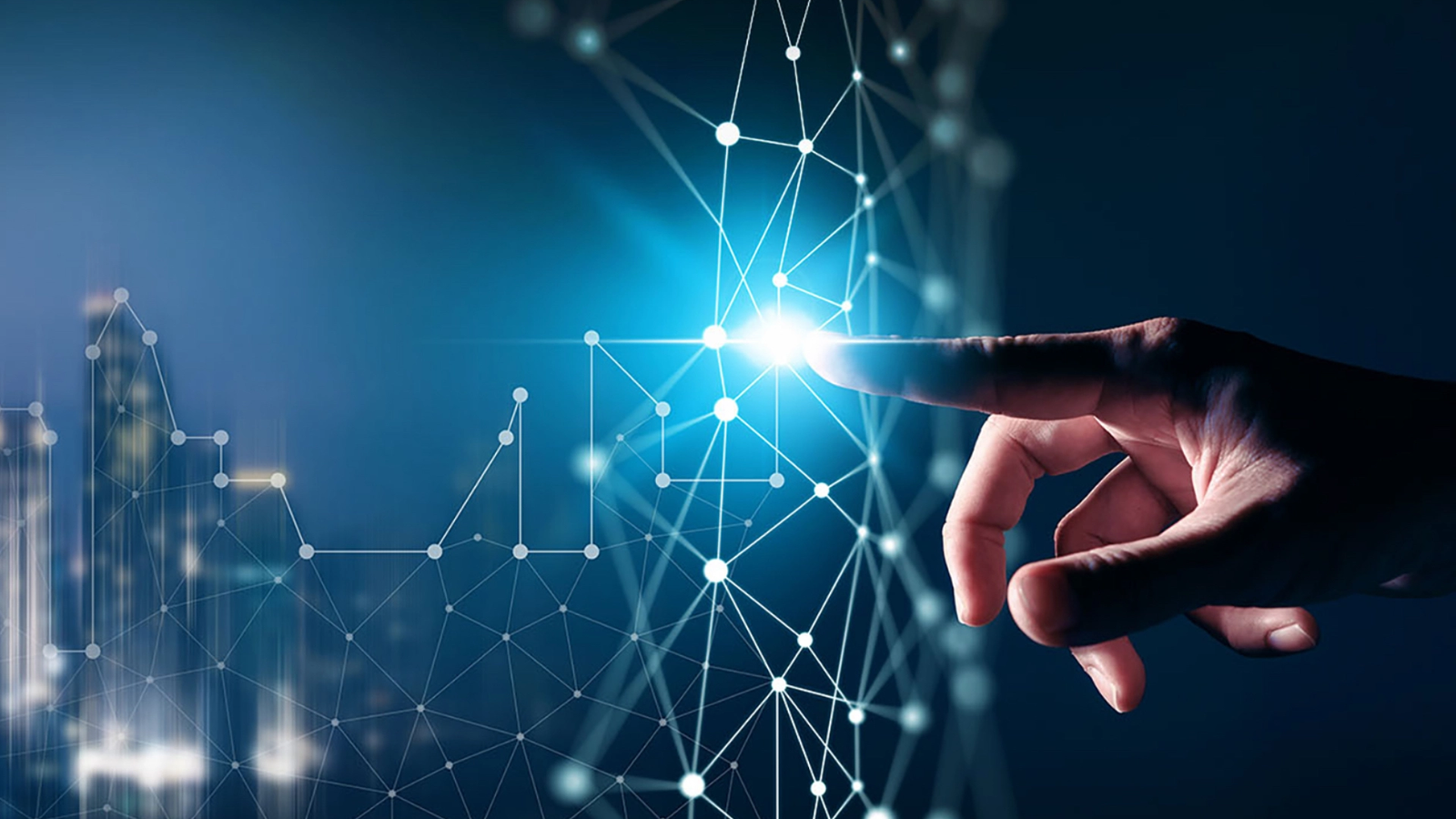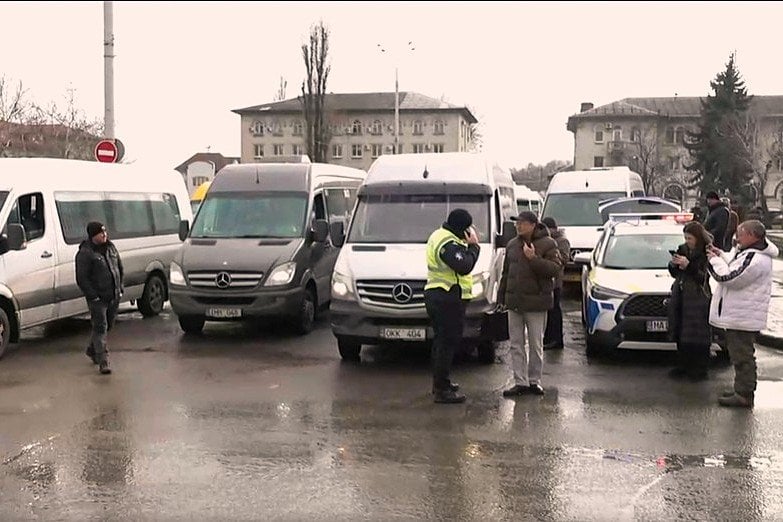The National Institute for Research and Development in Informatics - ICI Bucharest is directly involved and supports the implementation of digitalisation and emerging technologies, Sorin Topor, cybersecurity expert with the Critical Infrastructure Protection Service of ICI Bucharest, said on Thursday at a specialist event.
He participated in the fourth edition of a conference on cybercrime amid the digital transformation of the economy and in times of war organised by Club Entrepreneur Magazine and the Pozitiv newspaper.
According to the specialist, digitalisation brings along new risks and vulnerabilities. "The lack of resilient cyber infrastructure can have devastating consequences on national security and economic stability. As digital transformation of the economy is sped up and critical infrastructures are becoming more and more dependent on technologies, cybercrime is gaining new dimensions and threats," said Topor.
He believes that modern wars are no longer fought only in a traditional battlespace, but also in the electromagnetic environment and in the cyberspace, where cyberattacks can paralyse government networks, essential infrastructures, banks, hospitals, and other societal systems.
"Amidst geopolitical tensions and armed conflicts, states and criminal groups use sophisticated digital tools for cyber espionage, economic sabotage, digital propaganda, ransomware or DDoS attacks."
Topor briefly presented what the particularities of the digital transformation in 2020-2025 could look like: increasing value of digital information, the globalisation of attacks - "attack without borders", the vulnerability of critical infrastructures, an increase in attacks against the civilian population.
"The digital economy is based on data, so any leak of data, personal or commercial, can have a major financial and reputational impact. In conflicts, data becomes strategic targets (e.g. compromising the databases of the army, hospitals, banks, other essential infrastructures)."
The specialist added that cybercriminals can act from anywhere, anonymously, crossing physical borders without being easily caught.
"Electricity, water, communications, transport, etc. infrastructures - all are digitalised and interconnected. In times of war or crisis, these systems are priority targets for destabilisation."
According to Topor, affected by disinformation campaigns, online fraud, phishing, crypto-scams, etc are not only public bodies but also the public. "In times of war, civilians can be digitally manipulated through fake news, deepfakes and propaganda campaigns.".
On behalf of ICI, the expert mentioned the creation of a resilient national cyber infrastructure by investing in cyber-defence systems, by strengthening the security of current critical infrastructures (energy, transport, health, communications), by creating incident rapid response centres.
At the same time, it advocates for international cooperation through partnerships between states, for the exchange of information and resources (EU, NATO, INTERPOL), the establishment of extradition agreements and harmonised legislation for cybercrimes, but also the updating of the legislative framework (clear laws on cybersecurity, data protection and criminal liability, strict regulations for business operators and public bodies).
As far as organisations and other public and private entities are concerned, according to the specialist, they should implement cybersecurity policies and purchase CyberSec systems (firewall, antivirus, encryption, automated backup, etc.), conduct regular risk assessments and attack simulations - red team testing.
At the same time, emphasis should be placed on training employees through awareness and training programmes in cybersecurity (to recognise a phishing attack, manage sensitive data, etc.), establishing best practice guides for remote work and how to use personal devices.
Topor also said that it is necessary to invest in emerging technologies such as AI for anomaly detection, Blockchain for securing transactions, Zero Trust technologies and multi-factor authentication (MFA) technologies.
As far as the public is concerned, basic digital education was proposed through the generation of secure passwords, software updates, verification of sources, methods of avoiding online fraud and information manipulation, etc.
The cybersecurity expert presented some of the achievements of ICI-Bucharest, in the 55 years of experience in computer science: the first national computer network; full Internet connectivity through ".ro" domains registered by IANA (Internet Assigned Numbers Authority); the first digital library in Romania; the first Romanian consortium for the development of Grid; the first Grid certified Romanian site included in the European EGEE infrastructure; the first Cloud Computing project for public bodies in Romania; the first cyber diplomacy centre and the first European course in the field of cyber diplomacy under the aegis of The European External Action Service / European Commission.
Among the partners of Thursday's event were the Bucharest Chamber of Commerce and Industry (CCIB), the National Association for Information Systems Security (ANSSI) and the Romanian Association of Banks (ARB).
































Comentează